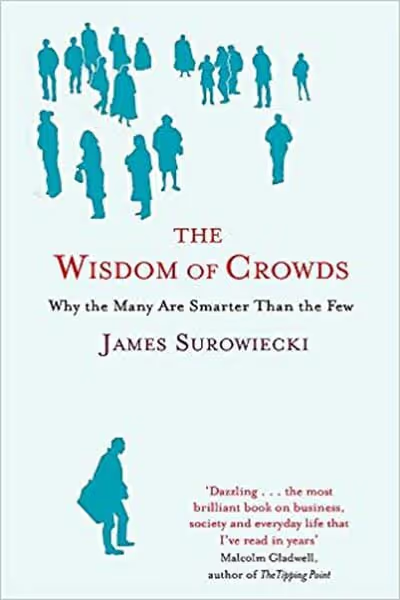Range
The #1 New York Times bestseller that has all America talking: as seen/heard on Morning Joe, CBS This Morning, The Bill Simmons Podcast, Rich Roll, and more.
Shortlisted for the Financial Times/McKinsey Business Book of the Year Award
“The most important business—and parenting—book of the year.” —Forbes
“Urgent and important. . . an essential read for bosses, parents, coaches, and anyone who cares about improving performance.” —Daniel H. Pink
“So much crucial and revelatory information about performance, success, and education.” —Susan Cain, bestselling author of Quiet
“As David Epstein shows us, cultivating range prepares us for the wickedly unanticipated… a well-supported and smoothly written case on behalf of breadth and late starts.” —Wall Street Journal
Plenty of experts argue that anyone who wants to develop a skill, play an instrument, or lead their field should start early, focus intensely, and rack up as many hours of deliberate practice as possible. If you dabble or delay, you’ll never catch up to the people who got a head start. But a closer look at research on the world’s top performers, from professional athletes to Nobel laureates, shows that early specialization is the exception, not the rule.
David Epstein examined the world’s most successful athletes, artists, musicians, inventors, forecasters and scientists. He discovered that in most fields—especially those that are complex and unpredictable—generalists, not specialists, are primed to excel. Generalists often find their path late, and they juggle many interests rather than focusing on one. They’re also more creative, more agile, and able to make connections their more specialized peers can’t see.
Provocative, rigorous, and engrossing, Range makes a compelling case for actively cultivating inefficiency. Failing a test is the best way to learn. Frequent quitters end up with the most fulfilling careers. The most impactful inventors cross domains rather than deepening their knowledge in a single area. As experts silo themselves further while computers master more of the skills once reserved for highly focused humans, people who think broadly and embrace diverse experiences and perspectives will increasingly thrive.
The same recipe for success has been taught to us for years: Begin practicing as soon as you can, and keep going until you're the best in the world. There is no use in beginning your training now if you haven't already because you are already behind. Fortunately for us, this success formula is a hoax. The real road to excellence is far more adaptable.
Former Sports Illustrated writer David Epstein has made a living by writing about the science of athletics. In Range, Epstein argues in favor of generalism, or having a broad range of skills rather than a deep specialization. Developing range not only allows you to focus more on your passions but also has unexpected benefits in the workplace.
Modern work demands knowledge transfer: the ability to apply knowledge to new situations and different domains. Our most fundamental thought processes have changed to accommodate increasing complexity and the need to derive new patterns rather than rely only on familiar ones. Our conceptual classification schemes provide a scaffolding for connecting knowledge, making it accessible and flexible.







































































